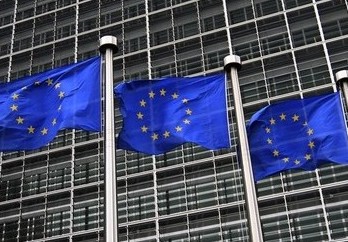EU ministers back Dutch plan for tougher human rights sanctions


EU member states have agreed to draw up legislation for tough new human rights sanctions, based on proposals presented by Dutch foreign minister Stef Blok.
None of the foreign ministers at Monday’s foreign ministers’ meeting came out against the plan and Germany, France and Britain said they explicitly back the idea, Trouw reported on Tuesday.
Diplomats and EU foreign policy coordinator Federica Mogeherini will now work on drawing up concrete proposals, Trouw said.
The aim of an EU version of the Magnitsky law – named after the murdered Russian anti-corruption lawyer Sergei Magnitsky – is to allow the EU to freeze the assets of people accused of human rights abuses and to impose travel bans on them worldwide.
Worldwide human rights are increasingly under pressure. This is unacceptable. Today, 70 years after the adoption of the #UDHR, the EU decided to further develop a blueprint for an EU Global Human Rights Sanctions Regime. #HumanrightsPower #Standup4humanrights pic.twitter.com/ay2YH6ScUV
— Stef Blok (@ministerBlok) December 10, 2018
A big thank you to minister Blok, the 99 parliamentarians and 89 human rights organisations pushing for this.
One step closer to banning human right violators from the EU and freezing their assets!
— Sjoerd Wiemer Sjoerdsma (@swsjoerdsma) December 10, 2018
Magnitsky’s name is not included in the Dutch proposal because of concerns that it might leave people to believe the sanctions are only targeted at Russia, Trouw said.
Thank you for donating to DutchNews.nl.
We could not provide the Dutch News service, and keep it free of charge, without the generous support of our readers. Your donations allow us to report on issues you tell us matter, and provide you with a summary of the most important Dutch news each day.
Make a donation